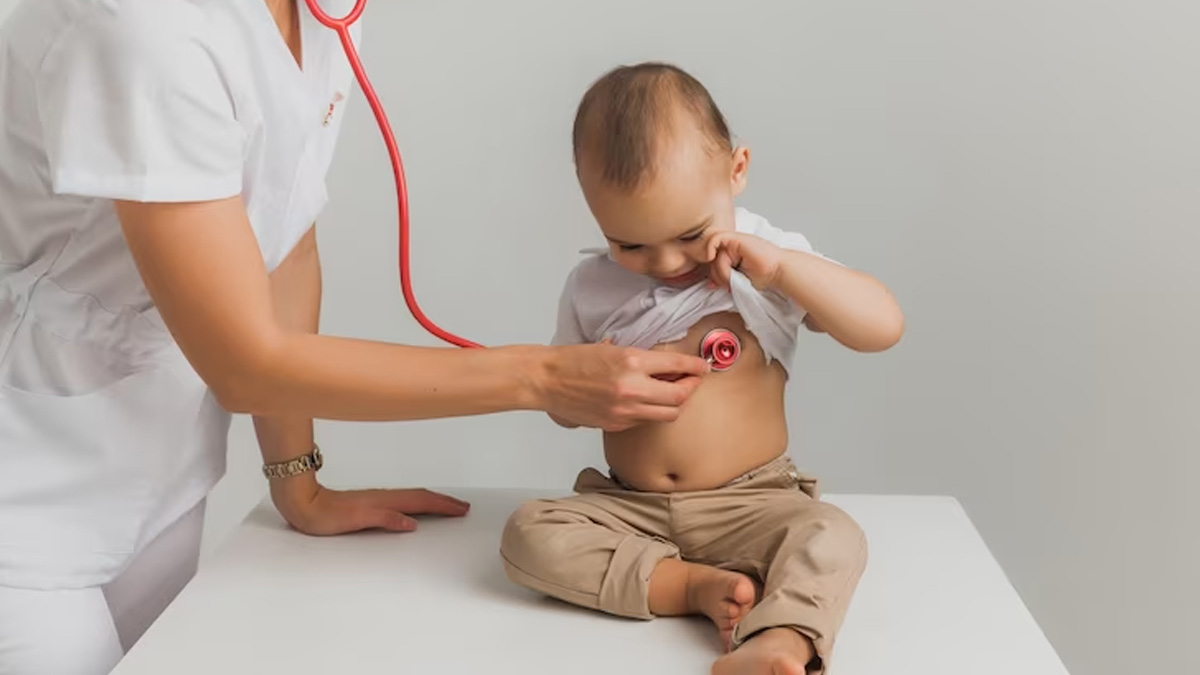
Pneumonia, a respiratory infection affecting the lungs, can have distinct consequences for children, making it crucial for parents to be aware of its potential impact. Here are key ways pneumonia affects children's lungs:
1. Inflammation and Congestion
Pneumonia is characterised by inflammation of the air sacs in the lungs. In children, this inflammation can lead to congestion and the accumulation of fluids, making it harder for them to breathe. The compromised airways can result in rapid or laboured breathing.
2. Reduced Oxygen Intake
As the infection progresses, the lungs' ability to take in oxygen diminishes. Children with pneumonia may experience lower oxygen levels in their blood, leading to symptoms such as cyanosis, where the skin or lips may appear bluish. This underscores the importance of prompt medical attention to address respiratory distress.
3. Difficulty in Clearing Mucus
Pneumonia often triggers the production of excess mucus in the lungs. Children may find it challenging to clear this mucus, leading to persistent coughing. This can be distressing for both the child and parents, necessitating supportive care to ease breathing and aid mucus clearance.

Also Read: Is There A Link Between Poor Food Choices, Mental Health, and Diabetes Risk: Know Here
4. Risk of Complications
While most cases of pneumonia can be successfully treated, severe infections can pose a risk of complications. In some instances, pneumonia can lead to the development of abscesses or pleural effusion, affecting the normal functioning of the lungs and potentially requiring more intensive medical interventions.

5. Impact on Lung Development
Pneumonia, particularly if recurrent or severe, can potentially impact a child's lung development. Chronic inflammation and damage to lung tissue may contribute to long-term respiratory issues, emphasising the importance of monitoring and managing pneumonia effectively to minimise the risk of lasting consequences.
Also Read: Is There A Link Between Poor Food Choices, Mental Health, and Diabetes Risk: Know Here
Bottomline
Recognising the ways pneumonia affects children's lungs is essential for early detection and appropriate intervention. Timely medical attention, proper antibiotic treatment, and supportive care are crucial in ensuring a swift and complete recovery, minimising the potential long-term impact on respiratory health. Parents should remain vigilant for symptoms and consult healthcare professionals if they suspect their child may be experiencing pneumonia.







